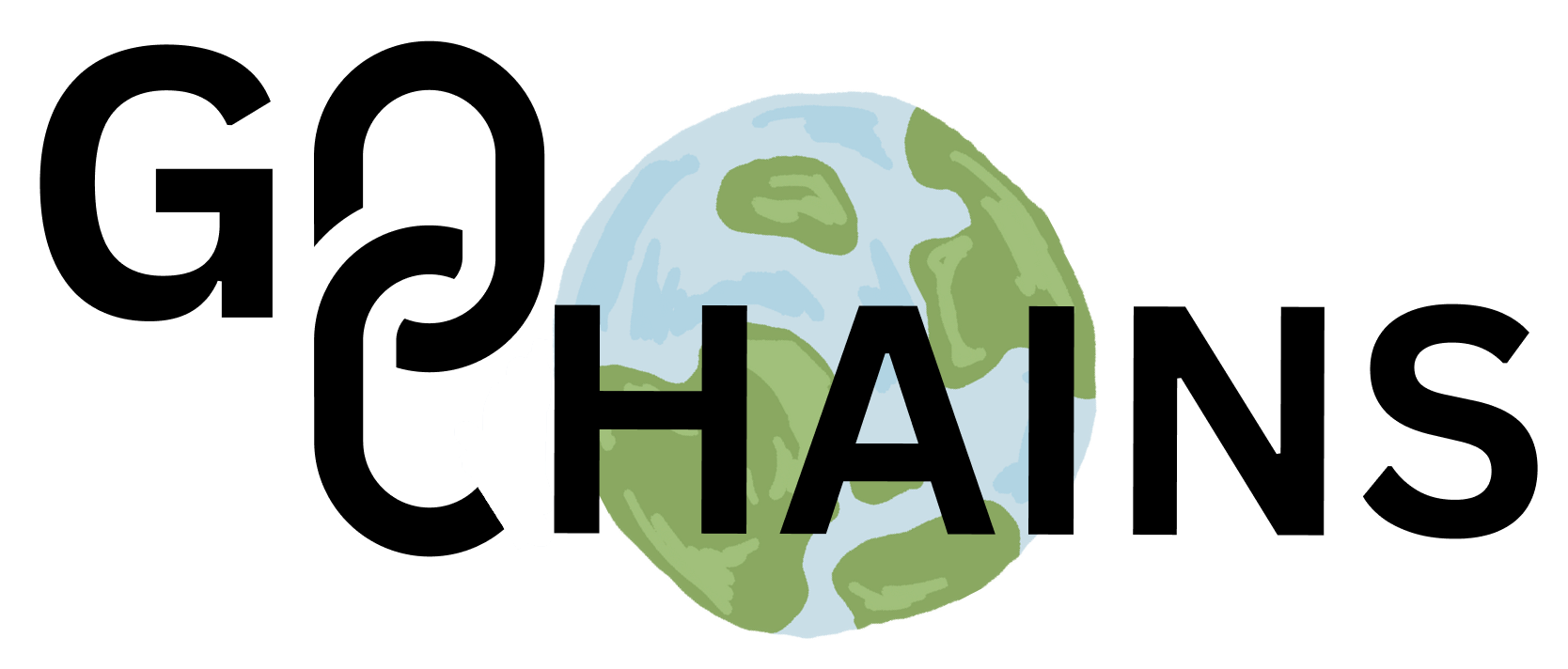
Michel Ortland
Research associate (PhD) - associated member of the research cluster

What sparked your interest in researching sustainability in global value chains?
My interest in researching sustainability in global value chains was sparked by several factors. Firstly, I am fascinated by the interconnectedness of different parts of the world through trade. These global networks show how linked our economies are and how decisions in one place can have far-reaching effects in another. The consumption and use of products and raw materials in one place often lead to problems and challenges in another place. This realisation has made me aware of the complex relationships between production, consumption and the associated social and environmental impacts. Furthermore, I see the management of global value chains as an important opportunity to achieve better environmental protection and the securing of human rights.
What is the focus of your current research, and what impact do you hope it will have?
My current research focuses on the multitude and dynamics of governance instruments used to manage the impacts of global supply chains. The complexity and variety of these governance mechanisms often make it challenging to discern their actual effects. To address this issue, my doctoral project aims to analyse governance designs and the interactions between state and corporate-level governance. A particular emphasis is placed on how the new Human Rights and Environmental Due Diligence (HREDD) laws influence supply chain governance. The goal of my dissertation is to enhance the effectiveness of supply chain governance in the future, enabling a more robust response to pressing challenges such as environmental protection, climate change, and human rights violations. I will specifically focus on agricultural supply chains and their key players, as they often face significant scrutiny and challenges.
What do you see as the biggest knowledge gaps in sustainable global value chains?
There is a pressing need for further comprehensive and comparative research to assess the effectiveness of emerging governance instruments for supply chains. While various governance mechanisms have been introduced, their actual impact and efficacy remain underexplored. Secondly, the influence of discourses and disputes on the design and implementation of Human Rights and Environmental Due Diligence (HREDD) laws has only been sporadically addressed in existing research. Understanding how these discourses shape regulatory frameworks is crucial for developing effective governance strategies. Furthermore, it is essential to investigate how supply chain regulations are implemented and enforced on both the demand and supply sides. We need to ask whose interests and perspectives are strengthened by these regulations and which actors and issues may be excluded or negatively impacted. Addressing these knowledge gaps will provide a more nuanced understanding of sustainable global value chains and help inform more effective governance strategies.
How do you hope to collaborate with others in this research network?
As an associated member of the “Wissenschaftsraum: Nachhaltigkeitsgovernance globaler Wertschöpfungsketten,” I look forward to gaining deep insights into the diverse research projects of my fellow doctoral candidates. This collaboration will not only enhance my understanding of governance options for supply chains but also facilitate valuable exchanges and networking opportunities. I believe that engaging with others in this network will inspire new ideas and approaches, ultimately enriching my research and contributing to the collective knowledge in the field of sustainable global value chains.
Profile
Michel Ortland is a Research Associate in the Research Training Group "Ecological Regime Shifts and Systemic Risk in Coupled Social-Ecological Systems (ECORISK)" at the University of Osnabrück. His research focuses on the complex governance landscape surrounding global supply chains, with particular attention to the interplay between public regulation and corporate responsibility. In his doctoral project, he examines how emerging Human Rights and Environmental Due Diligence (HREDD) laws shape governance practices across agricultural value chains.
Institutions
Online Profiles
Online Media
Michel Ortland has been a doctoral candidate in the graduate program “Ecological Regime Shifts and Systemic Risk in Coupled Social-Ecological Systems (ECORISK)” since October 2024. In the subproject “Governance Designs in Telecoupled Problem Situations” he is investigating novel regulations for supply chains between the Global North and South. His research focuses on the risks of ecological regime shifts in telecoupled agricultural systems.
